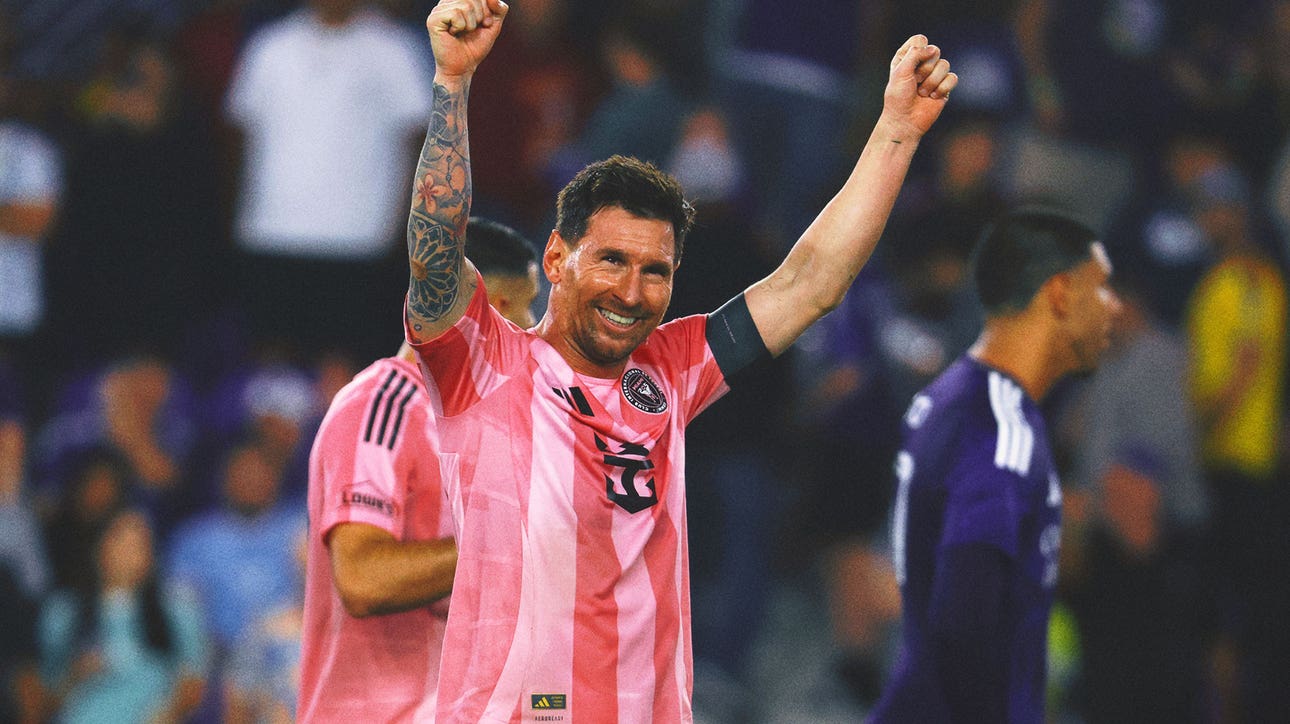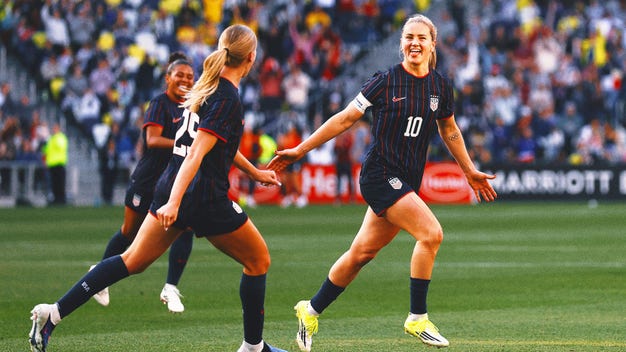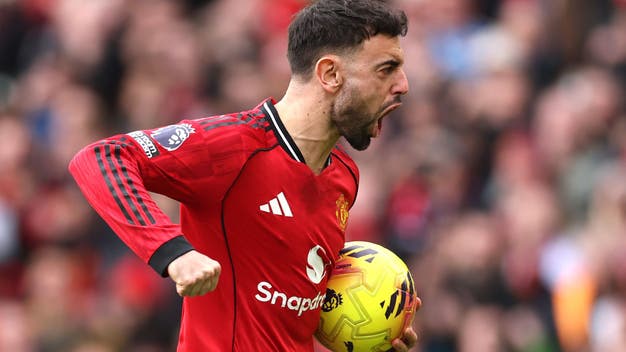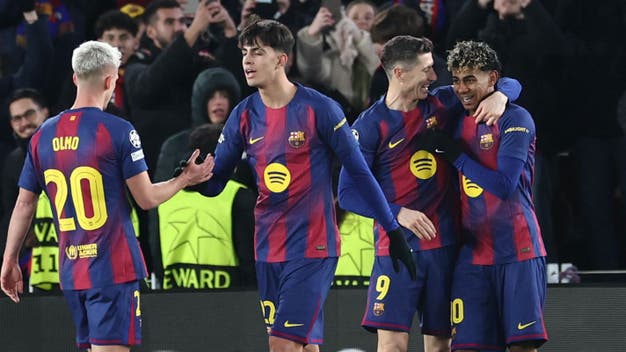Top Stories
Lionel Messi Tracker: Inter Miami Star Nets Season's First Goals In Comeback Win

SheBelieves Cup: USA Blanks Argentina On Goals By Lindsey Heaps, Jaedyn Shaw

Bruno Fernandes Surpasses David Beckham On Manchester United Milestone List

London Is Red! Who Were Arsenal's Pivotal Players In Key Win Over Chelsea?

Who'll Step Up? Barcelona's Injury Bug Strikes Again Ahead of Atletico Madrid

USA Striker Josh Sargent Leaves Norwich For Toronto As Messy Transfer Saga Ends

Mohamed Salah ‘Increasingly Likely’ To Leave Liverpool for Saudi Pro League or MLS

Recent Videos
LIONEL MESSI SCORES TWICE in Inter Miami's 4-2 win against Orlando City ⚽ FOX SOCCER
What can U.S. Soccer learn from hockey gold medal win?
LAFC vs. Inter Miami Highlights | FOX Soccer
FC Cincinnati vs. Atlanta United FC Highlights | MLS | FOX Soccer
SOCCER ON FOX SPORTS
Welcome to the ultimate hub for soccer coverage, brought to you by FOX Sports! With broadcast rights to some of the biggest tournaments and leagues in the world, including the FIFA Men’s World Cup, FIFA Women’s World Cup, UEFA European Championship, UEFA Nations League, Copa América and MLS, FOX Sports delivers unmatched access to the most thrilling moments in the beautiful game. Stay tuned for live matches, in-depth analysis, and unforgettable highlights—all in one place.
Beyond exclusive broadcasts, FOX Sports will keep you connected to every corner of the soccer universe. From the Premier League and La Liga to Champions League and Bundesliga, our coverage includes live scores, player stats, and league standings. Whether you’re following your favorite club or tracking the hottest players, FOX Sports is your trusted source for all things soccer.




